Auckland Arts Festival Round Up #2: Bernie Dieter's Club Kabarett, Boy, et al.
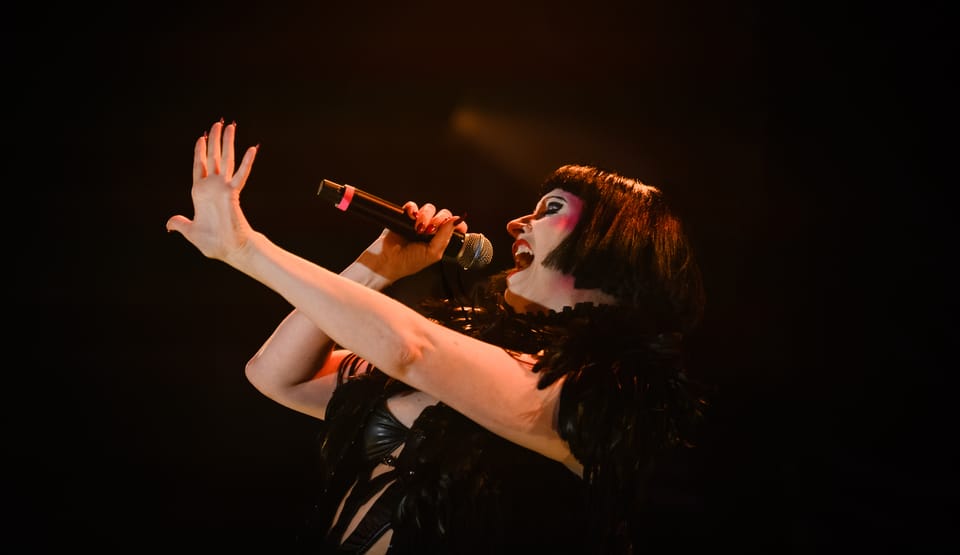
My second round-up of the Auckland Arts Festival Te Ahurei Toi Ō Tamaki, with responses to Bernie Dieter’s Club Kabarett, Boy and In the Name of the Son.
I’ve been lucky enough to get to see the annual circus-and-cabaret Spielgeltent show every year for almost a decade, and to have reviewed it for most of those years. I’ve been even more fortunate not to become jaded by this staple of the Auckland Arts Festival. It can be very easy for people in the industry to turn their nose up at circus and cabaret, even after dozens of shows in this vein, I still get a thrill from the marriage of the two. If there’s at least one moment in a show where athleticism and artistry meet, and truly meet, it’s worth it for me.
That being said, Bernie Dieter’s Club Kabarett left me a shade disappointed. The annual Spiegeltent circus-and-cabaret show is never going to be life-changing, but it can be relied upon for spectacle. This year the spectacle just isn’t there. The acts, as they are, are impressive and run the expected gamut from silks, to hoops, to a real nifty balancing act with some risky audience interaction. Dieter, who I’ve enjoyed deeply in East End Cabaret, works extremely hard to lift the energy, and the focus she brings to not just hosting the show, but setting the tone is deeply impressive. You couldn't ask for a host better equipped to deliver an evening of satisfying entertainment.
It's less what the show is, ad perhaps it’s a matter of falling short of what the title, the image, the branding promises. An arts festival asks an audience to take risks, but the Spiegeltent show is the one trusty reliable: you know what you're gonna get, for better or worse. My threshold for chaos and boundary-breaking is probably a bit higher than the average audience goer, who might be lucky to see one circus show every few years, and might have never seen a cabaret show. A bit of nudity, some naughty words, and innuendo might be enough for them. There’s a funnier, edgier, and more impressive show lingering at the edges of this one, and at times you can feel the performers pressing against its frame.
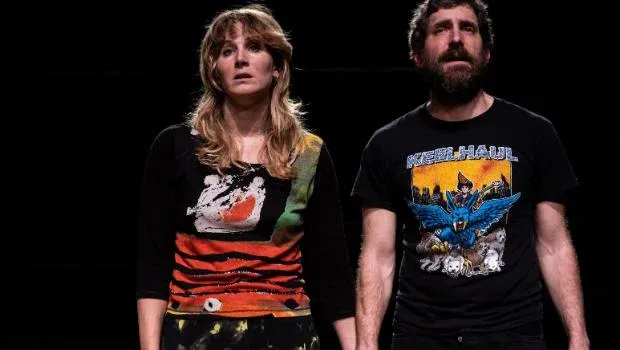
The story of Boy is one that might be familiar to a few audience members. In the 1960s, two twins were taken into hospital to be circumcised, but the procedure goes wrong for baby Bruce. After consulting with John Money, a then-renowned doctor, the parents agree to raise Bruce as a girl called Brenda. Years later, Bruce reclaims his male identity as David, and the truth behind John Money’s research – although let’s be real, they were cruel experiments – comes out.
That’s sort of the story that Boy tells. The story that playwright Carly Wijs seems most interested in, and best equipped to tell, is the story of Bruce’s parents. The two actors, Jeroen Van Ven and Vanja Godée, plays multiple characters throughout the show, including Bruce himself, but the lens we view this story is mostly through the parents. This makes the show a tense experience, putting the audience in the place of watching the parents justify and explain why they allowed their children to be treated, and abused, by this doctor.
The actors give the kind of lived in performances that only happens when ta cast is fully comfortable, and embedded in a story. More impressively, they make sense of the play’s hazy framing, clearly stepping in and out of characters and navigating shifts from darkly comic to just plain dark masterfully. When Boy steps uncomfortably close to the line of judging Bruce’s parents, coming even closer to making fun of their lack of higher education, the cast never do.
It’s one of the rare shows I’ve seen where I wanted some more minutes. I want it to widen its frame, or to say something a bit more definitive about this historical moment. An hour is only so much time, and it’s not enough time to really wrangle with the horrors of John Money’s research, and the trauma it left this family with. There is perhaps a kindness in that, though – the show leaves its subject with a brief series of video clips from a talk show (my not-so-eagle eye believes it is Oprah, but if it is not that I doubt it’s far off), telling his own story, and then leaves him be. It is a strange message for a show to have, but as I’ve sat with it for two days, I remain quietly glad that it mostly left well enough alone. If only others had done the same.
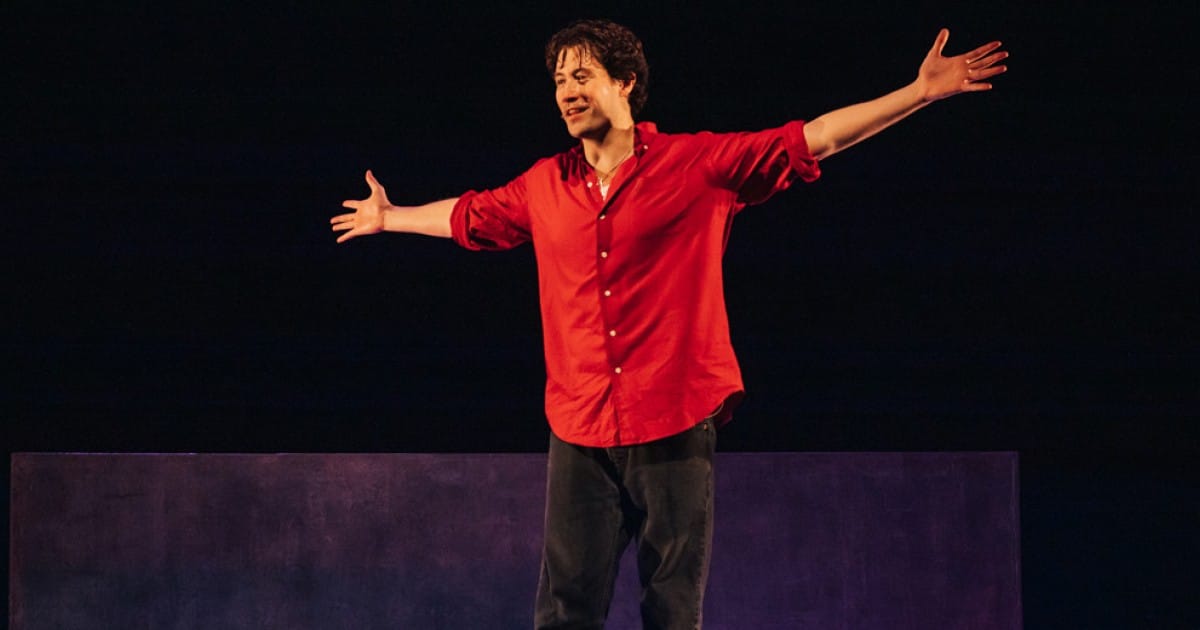
Sometimes a show just straight-up isn’t for you. You can be in the wrong frame of mind, have had a bad day, or not have the necessary knowledge to appreciate what a show is putting in front of you. In the Name of the Son is one of those shows that wasn’t for me.
I’m familiar with In the Name of the Father, the Daniel Day-Lewis film that made Gerry Conlon into a household name. Like many people in the audience, I imagine I’m much less familiar with the trajectory of Gerry Conlon’s life after the fact. I’ve never even asked myself what happened to him after the credits rolled, which might be another reason why this show wasn’t for me.
Shaun Blaney takes on the challenge of playing Conlon, and it’s one that threatens to overwhelm the audience, if not the actor. He speeds through the 80 minute show like a bullet train, very rarely stopping or slowing down, and Conlon’s emotional reality feels left behind in favour of simply getting through to the end of the show.
It wouldn’t be an issue if the show weren’t so minimal, but the staging feels dwarved by Q’s Rangatira space. Blaney is really all we’ve got to hang onto, and too often the audience is left grasping to make sense of what should be a fairly straightforward narrative. Unfortunately, Blaney being out of reach means that Gerry Conlon is equally far away from us. Conlon’s the sell, and the draw, of In the Name of the Son, and I don’t felt like I knew much more about him towards the end of the show.
And to that, I’ll cop slightly out. This is a show I can imagine being for many people, there is a deserved renaissance in Irish literature, and an understandable draw towards Irish stories (just look at the Unity Books list any given week). On another day, in another framing, this show could’ve been catnip for me. But on that night, in this arts festival, it left me waiting at the station.
I will be providing this level of coverage throughout the entire festival, and more regularly throughout the rest of the year. This takes time, and if you want to support the amount of time it takes (and ensure that the scant amount of review coverage of local art can continue), please considering supporting Dramatic Pause with a paid subscription ($8 p/m, $60 p/a) and if you can't afford a paid subscription, please share the work with your networks!
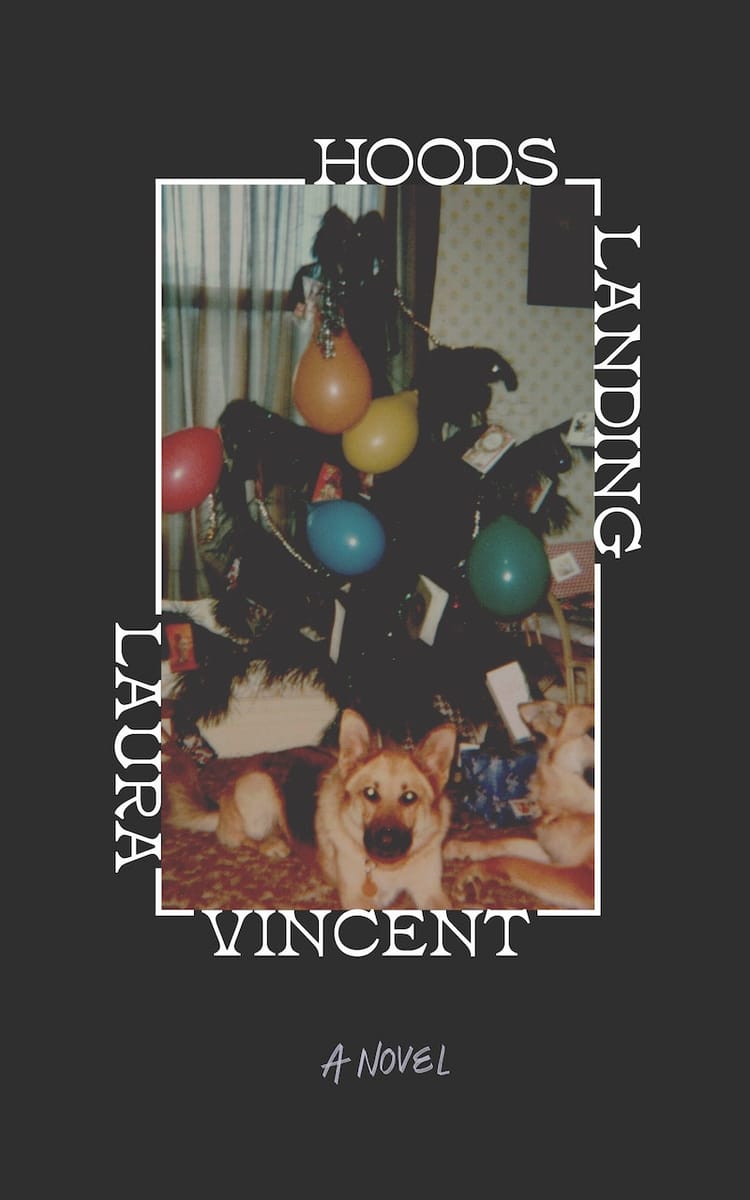
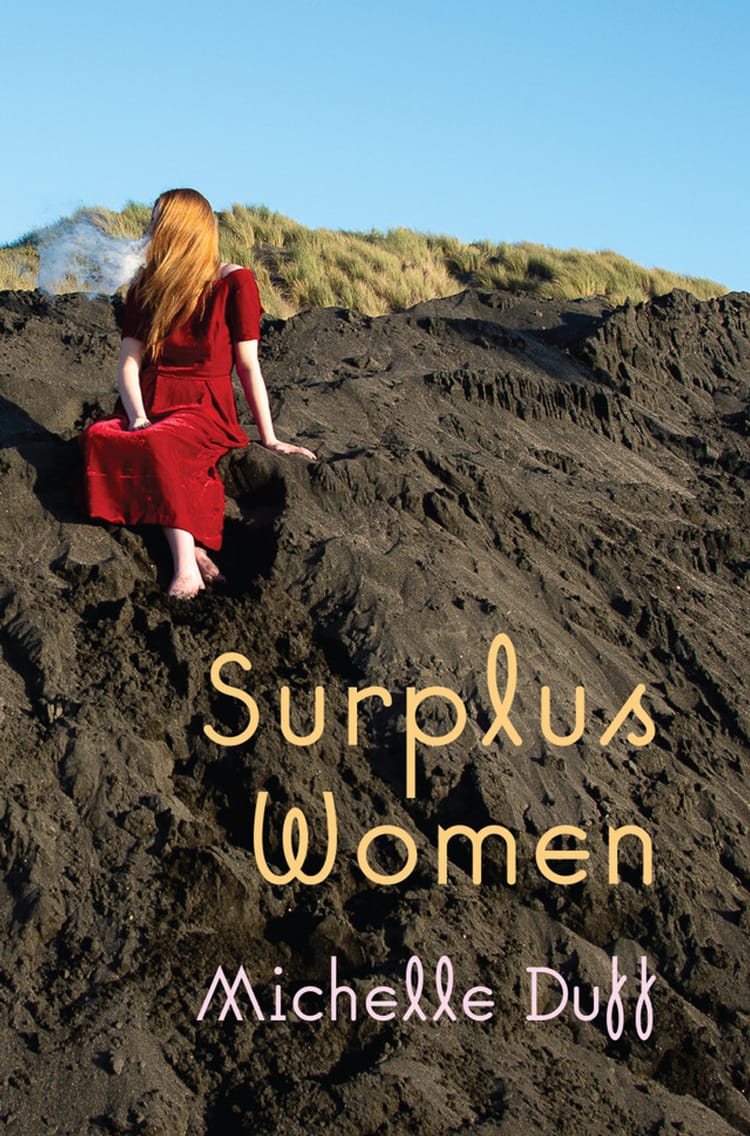
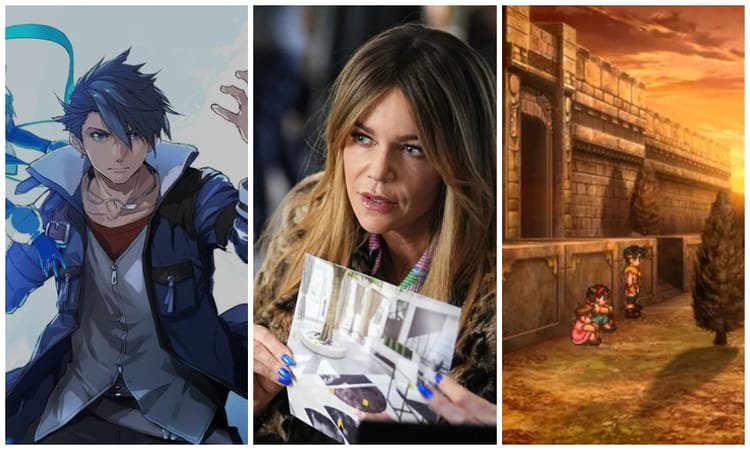
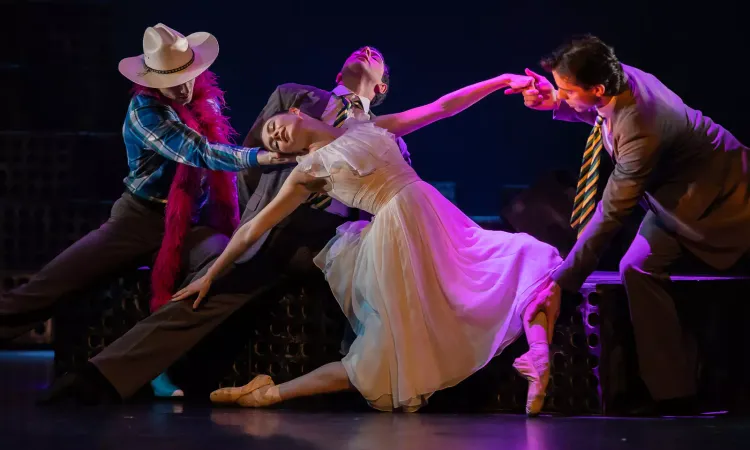
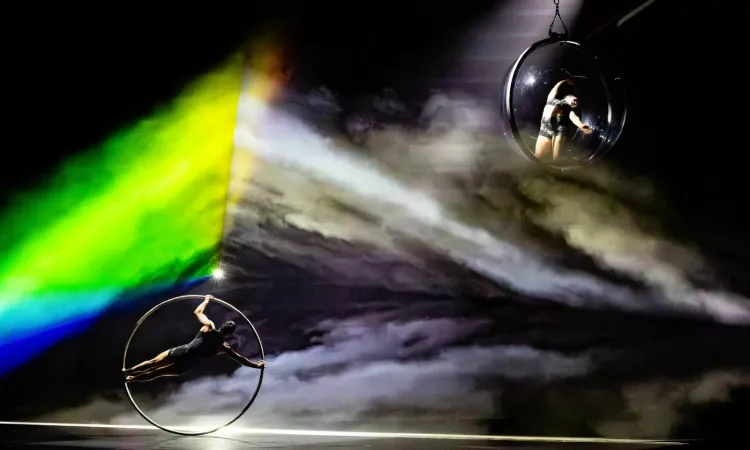
Member discussion